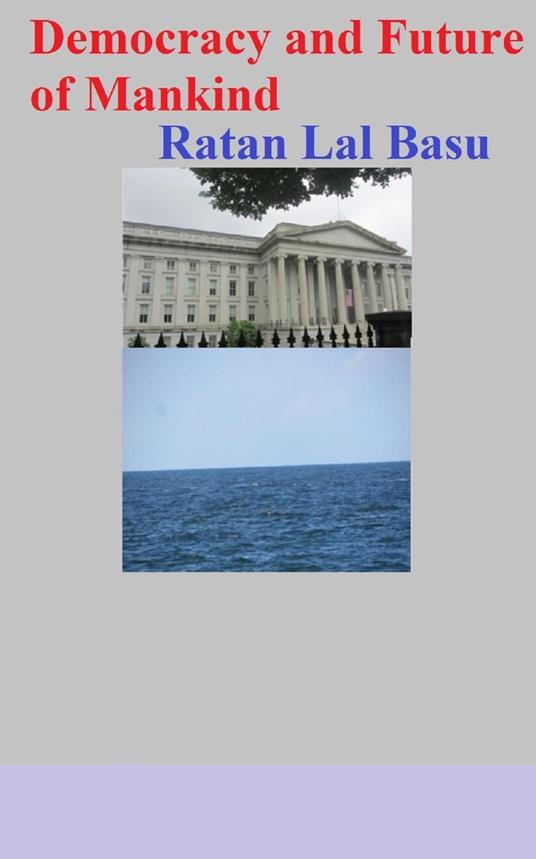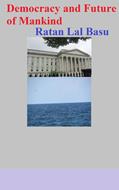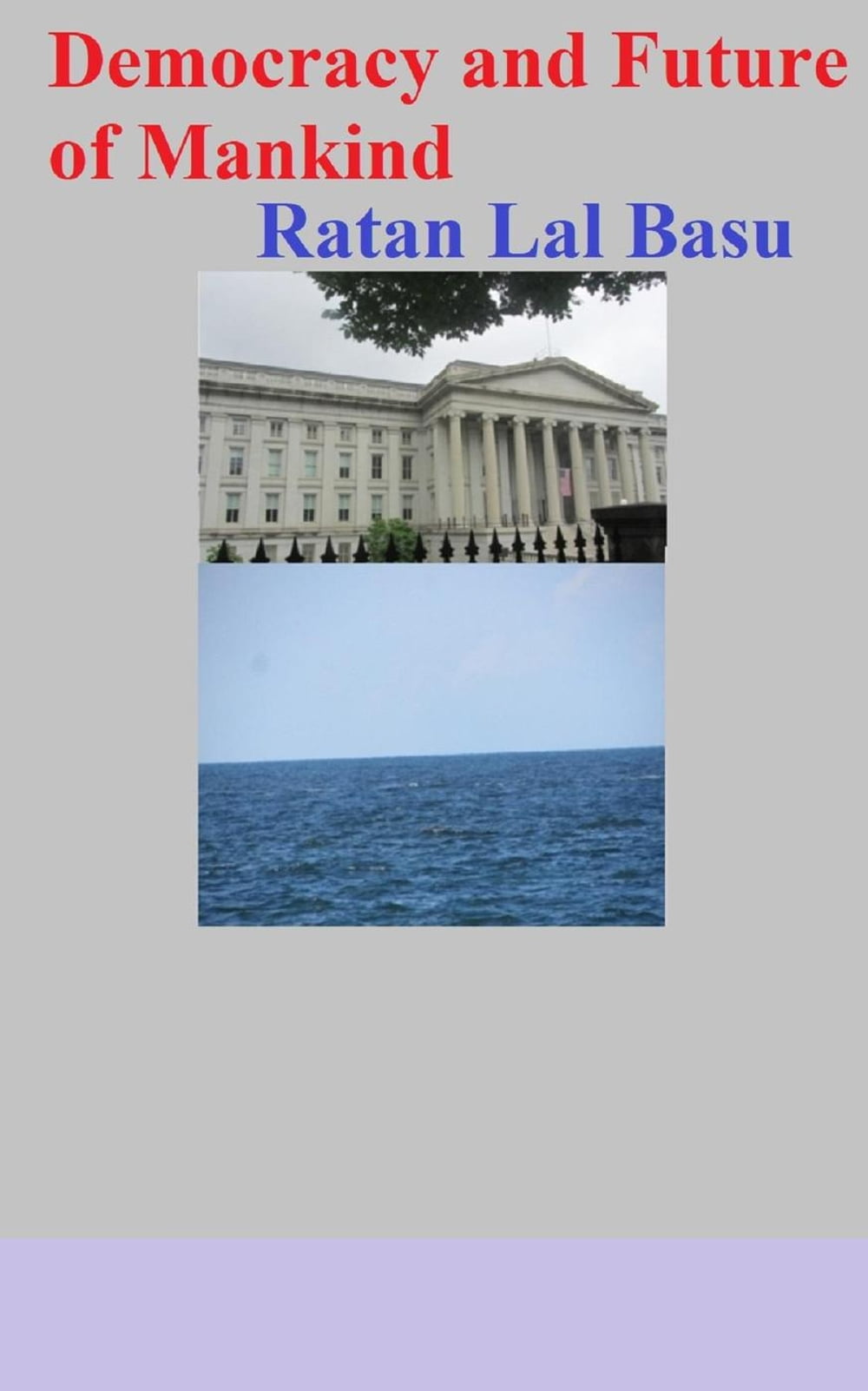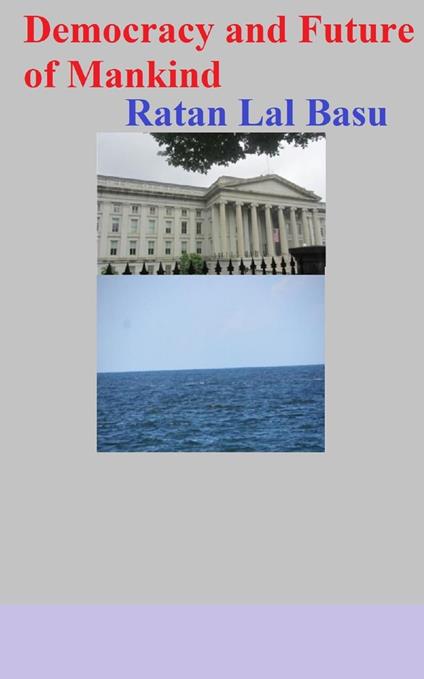Democracy and Future of Mankind
Human civilization has exhibited marvelous achievements in the new millennium but at the same time, as though in perfect conformity with Newton's Third Law, the achievements have been besmirched by uncertainties and signs of un-sustainability. Apart from the moral and ethical degeneration keeping pace with material achievements, materialistic achievements themselves have been jeopardized because of two major adverse forces, viz. environmental predicament and growing social tensions mainly because of increasing economic and social disparities. These factors are likely to delimit the pace of material achievements if not completely stall them in near future, but if long term is counted the consequences are apprehended to be catastrophic. Both environmental and ecological damage and growing relative poverty and inequality in essence spring, through a complex web of relations, from the basic psychic cause, greed which is deeply embedded in human psyche. This book, however, is concerned with the analysis of neither the materialistically accountable delimiting factors nor their moral and ethical substrata. We here explore the role of the State in combating the adverse factors that are likely to delimit the harmonious progress of human civilization.Human civilization has exhibited marvelous achievements in the new millennium but at the same time, as though in perfect conformity with Newton's Third Law, the achievements have been besmirched by uncertainties and signs of un-sustainability. Apart from the moral and ethical degeneration keeping pace with material achievements, materialistic achievements themselves have been jeopardized because of two major adverse forces, viz. environmental predicament and growing social tensions mainly because of increasing economic and social disparities. These factors are likely to delimit the pace of material achievements if not completely stall them in near future, but if long term is counted the consequences are apprehended to be catastrophic. Both environmental and ecological damage and growing relative poverty and inequality in essence spring, through a complex web of relations, from the basic psychic cause, greed which is deeply embedded in human psyche. This book, however, is concerned with the analysis of neither the materialistically accountable delimiting factors nor their moral and ethical substrata. We here explore the role of the State in combating the adverse factors that are likely to delimit the harmonious progress of human civilization.Human civilization has exhibited marvelous achievements in the new millennium but at the same time, as though in perfect conformity with Newton's Third Law, the achievements have been besmirched by uncertainties and signs of un-sustainability. Apart from the moral and ethical degeneration keeping pace with material achievements, materialistic achievements themselves have been jeopardized because of two major adverse forces, viz. environmental predicament and growing social tensions mainly because of increasing economic and social disparities. These factors are likely to delimit the pace of material achievements if not completely stall them in near future, but if long term is counted the consequences are apprehended to be catastrophic. Both environmental and ecological damage and growing relative poverty and inequality in essence spring, through a complex web of relations, from the basic psychic cause, greed which is deeply embedded in human psyche. This book, however, is concerned with the analysis of neither the materialistically accountable delimiting factors nor their moral and ethical substrata. We here explore the role of the State in combating the adverse factors that are likely to delimit the harmonious progress of human civilization.
-
Autore:
-
Anno edizione:2023
-
Editore:
-
Formato:
-
Lingua:Inglese
Formato:
Gli eBook venduti da Feltrinelli.it sono in formato ePub e possono essere protetti da Adobe DRM. In caso di download di un file protetto da DRM si otterrà un file in formato .acs, (Adobe Content Server Message), che dovrà essere aperto tramite Adobe Digital Editions e autorizzato tramite un account Adobe, prima di poter essere letto su pc o trasferito su dispositivi compatibili.
Cloud:
Gli eBook venduti da Feltrinelli.it sono sincronizzati automaticamente su tutti i client di lettura Kobo successivamente all’acquisto. Grazie al Cloud Kobo i progressi di lettura, le note, le evidenziazioni vengono salvati e sincronizzati automaticamente su tutti i dispositivi e le APP di lettura Kobo utilizzati per la lettura.
Clicca qui per sapere come scaricare gli ebook utilizzando un pc con sistema operativo Windows



